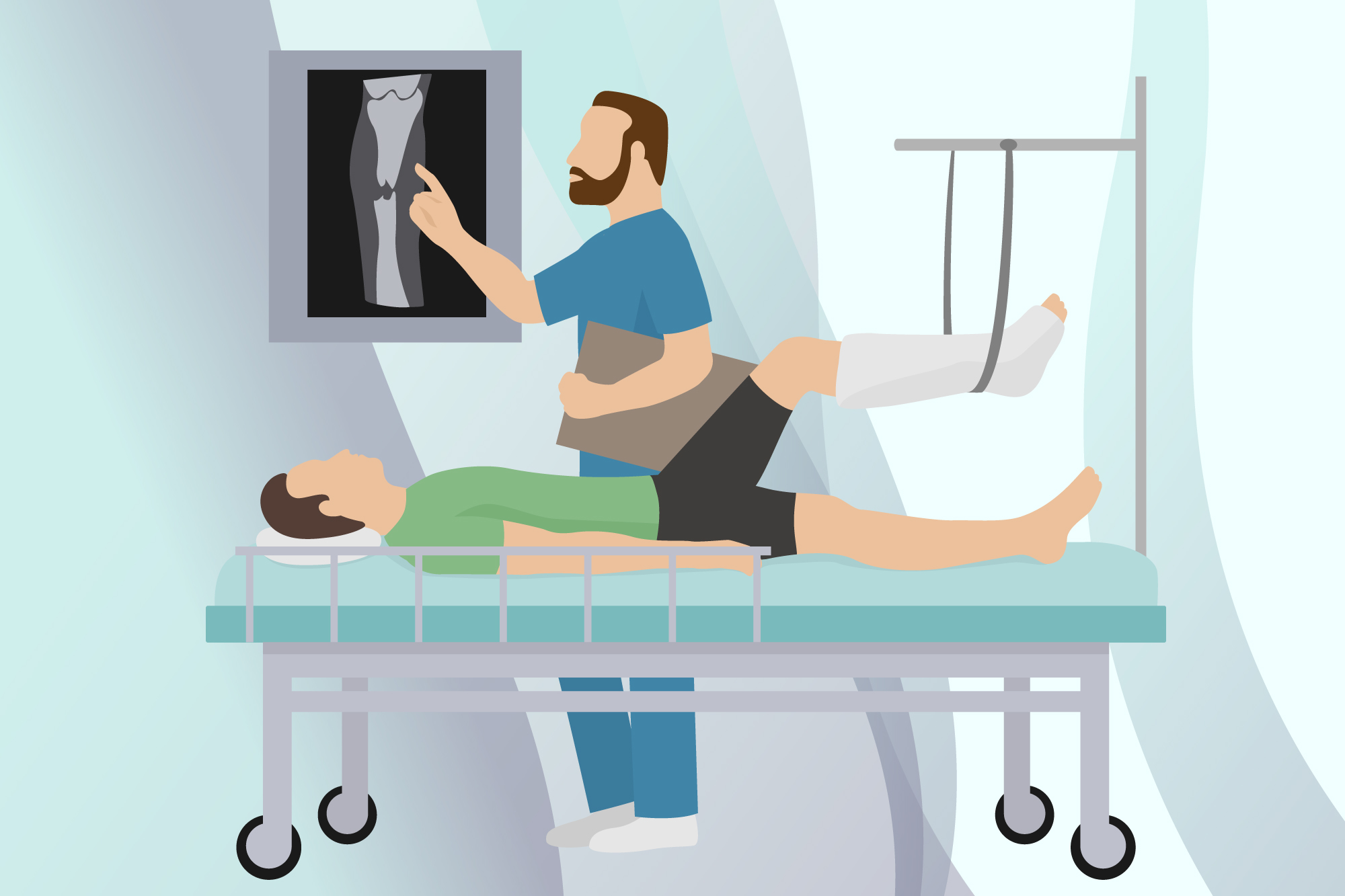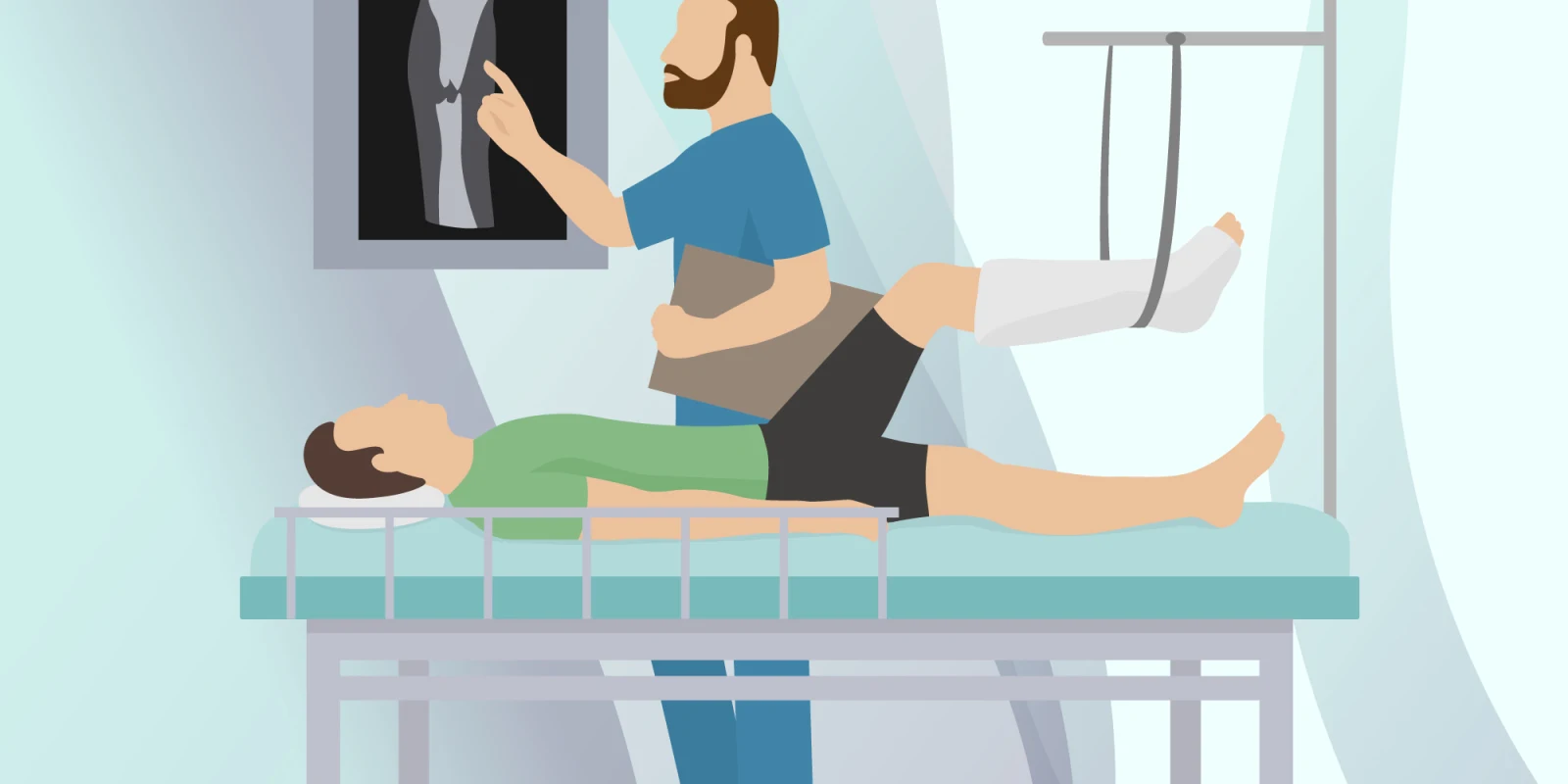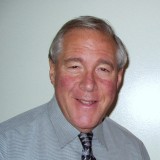
As I approach the end of more than 45 years in orthopaedic surgery, I feel I have a unique perspective on the changes taking place in our specialty. While there have been remarkable advances in the surgical treatment of musculoskeletal diseases, some of the trends are, I believe, more detrimental than beneficial. Interestingly, many of these changes do not involve surgical procedures per se, but rather the doctor-patient interaction before and after surgery.
In my own practice, I no longer perform surgery but I do see a fair number of patients who have undergone minimally invasive procedures. Many of these patients were simply not prepped as to what to expect in terms of post-operative care (e.g., permissible activities after surgery, realistic length of recovery, management of post-op pain, etc.). As the use of minimally invasive procedures increases, I would like to see my surgical colleagues stress the invasive part of the procedure more and the minimal part less. It seems that now, many patients think that the faster they recover, the better. I have heard patients brag that they were up “walking/riding a bike/ playing tennis/fill-in-the-blank two weeks after a total knee arthroplasty (TKA).” Of course, activities like the aforementioned so soon after a TKA not infrequently lead to post-op synovitis, swelling, stiffness, pain, and, perhaps most upsetting, an unhappy patient! And these types of “bragging rights” are not exclusive to patients — I have also heard surgeons say similar things.
I feel we are falling into a “quicker is better” mentality. The majority of the patients that I see post-op express confusion and a lack of clarity regarding their responsibilities after surgery. The problem is compounded by an increasing tendency for same-day or overnight discharge. And because many patients receive home therapy after leaving the outpatient facility, post-op guidance is often left in the hands of the therapist, who may or may not know the particular surgeon’s post-op protocol. Too often the result is a patient in pain, confused and uncertain as to whom to call. Many of these patients have told me they could not “get through” to their surgeon, and were instead directed to a PA or a member of the office staff.
In a similar vein, I am also aware that many surgeons provide their patients with a “handbook” to read, in anticipation of common post-op concerns. Having had my own knee replaced, I’m sorry but a book simply does not replace a reassuring word from the doc. In my surgical practice, one of our MDs was assigned to call every post-op patient the evening of the surgery, including weekends. I cannot count the number of times patients were not only amazed to receive such a call but were extremely grateful as well.
Further, I have noticed that many surgeons do not see their patients after surgery. I recently had a patient who was two weeks post-arthroscopy; he was seen and discharged by the PA without ever having seen the surgeon. Not surprisingly, when the patient reached my office, she was already two months post-op with synovitis, stiffness, and still using a walker. Many people would claim that I am an emeritus member of the Orthopaedic Neanderthal Society, but I still feel we should see our post-op patients at least once after the surgery. I am fully empathetic to the fact that post-op visits are not regularly reimbursed — nonetheless, I sincerely believe many poor outcomes would be mitigated by careful and thorough follow-up.
Ultimately, these trends have one thing in common: we are forgetting that there is a patient connected to the surgical procedure. Inadequate pre-op counseling and post-op care amount to nothing less than a dereliction of our duty to always provide the best care we are capable of. Nothing less is acceptable.
Image: KittyVector / shutterstock






